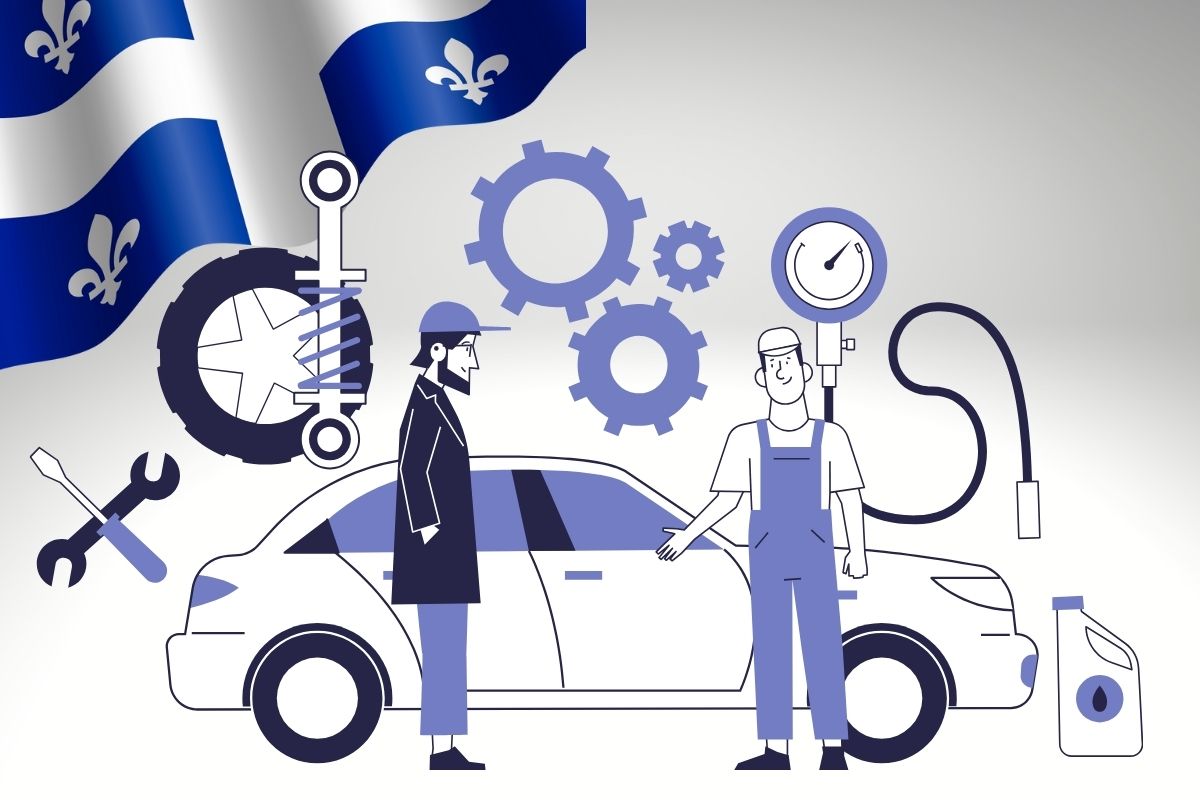
Right to Repair is now the law in La Belle Province.
In fact, it has been “the law” since Bill 29 was passed in 2023, but the intervening two years have been dedicated to ensuring that the law, in practice, accomplishes what it set out to do.
Accordingly, as of October 5, 2025, Quebec’s long-awaited right to repair legislation—Bill 29, officially titled Loi protégeant les consommateurs contre l’obsolescence programmée et favorisant la durabilité, la réparabilité et l’entretien des biens—has come into force.
For automotive aftermarket professionals, this marks a pivotal shift in how vehicle service, diagnostics, and parts access will operate across the province.
It also prohibits planned obsolescence, ensuring that vehicles and components are designed with longevity and repairability in mind.
The law mandates that manufacturers provide independent and franchise repair shops with fair access to vehicle data, diagnostic tools, and replacement parts. While not specifically designed to address automotive concerns exclusively, here has been active, in-depth participation from aftermarket bodies working to ensure that concerns of the industry are addressed.
AIA Canada, played a key role in advocating for the bill, emphasizing that the law was only the beginning; ongoing representation in the regulation writing was key to making it work for the aftermarket.
In a recent episode of the Great Canadian Aftermarket Podcast, AIA President JF Champagne noted, “We’ve won the right to repair in Quebec, but now we need to win the implementation. The devil is in the details.”
Elizabeth Lambert, Chair of AIA Quebec, added, “This is a golden opportunity for our industry. But we need to stay engaged. The law is the foundation—now we build the house.”
According to the Quebec Government Consumer Protection Office website, automakers have specific obligations for providing diagnostic data:
- Manufacturers cannot avoid the obligation to provide vehicle data. They must give access for diagnostics, maintenance, or repair to owners, lessees, or authorized mechanics.
- Data must be readable and available free or at a reasonable cost. Techniques that hinder access are prohibited unless justified for safety or legal compliance.
In addition, some practices are prohibited if they make maintenance or repair more difficult, unless proven necessary to:
- Protect the consumer or their agent (excluding professionals like mechanics) from serious, direct, and immediate physical harm
- Comply with laws or regulations
Quebec’s auto care industry contributes over $8.1 billion annually to the provincial economy and supports more than 100,000 jobs. With several national aftermarket banners headquartered in Quebec, the new legislation strengthens the foundation for a competitive, transparent, and consumer-friendly repair ecosystem.
Quebec’s right to repair law sets a precedent for the rest of Canada—and positions aftermarket professionals at the heart of a more open, sustainable automotive future.

0 Comments